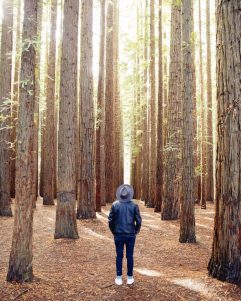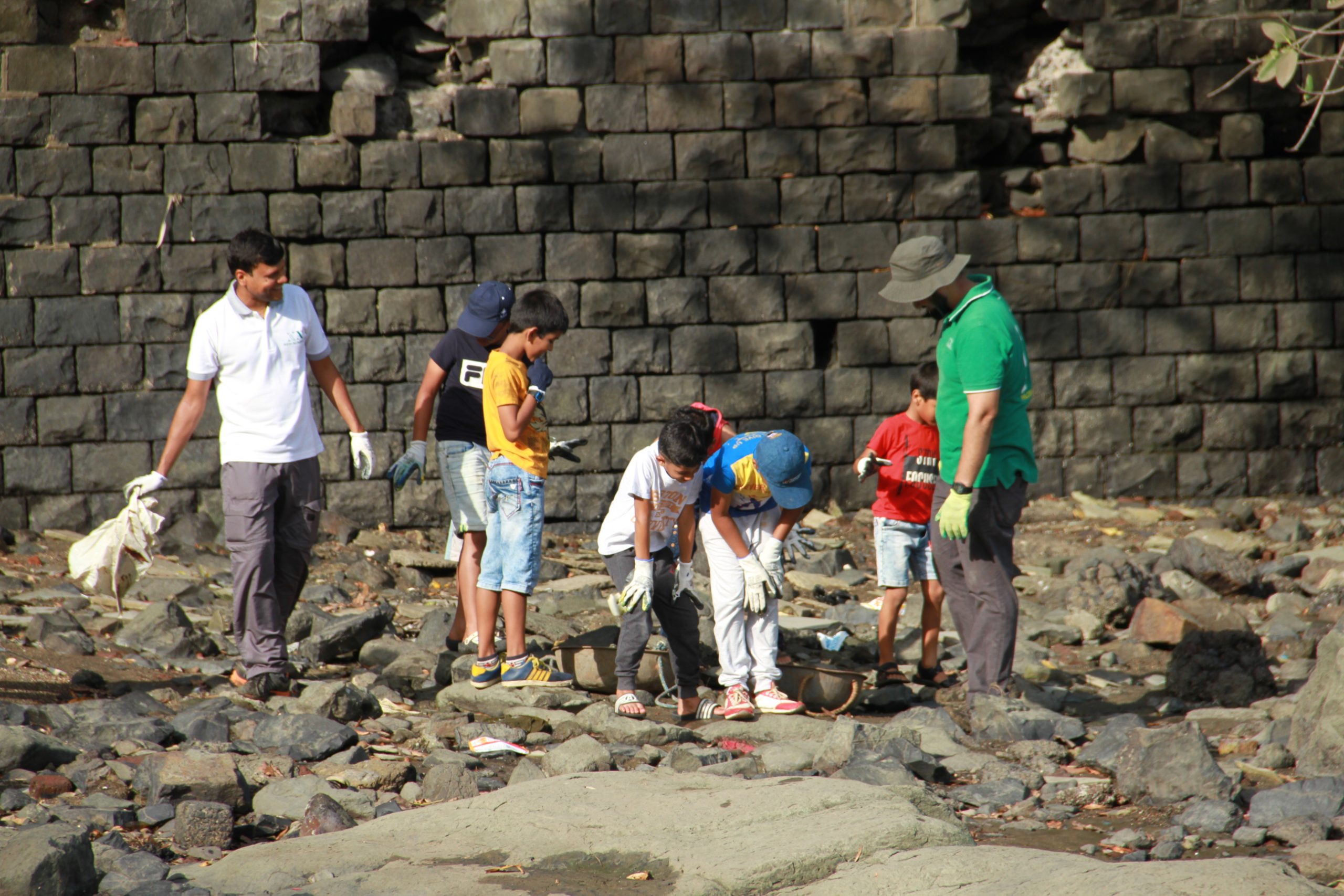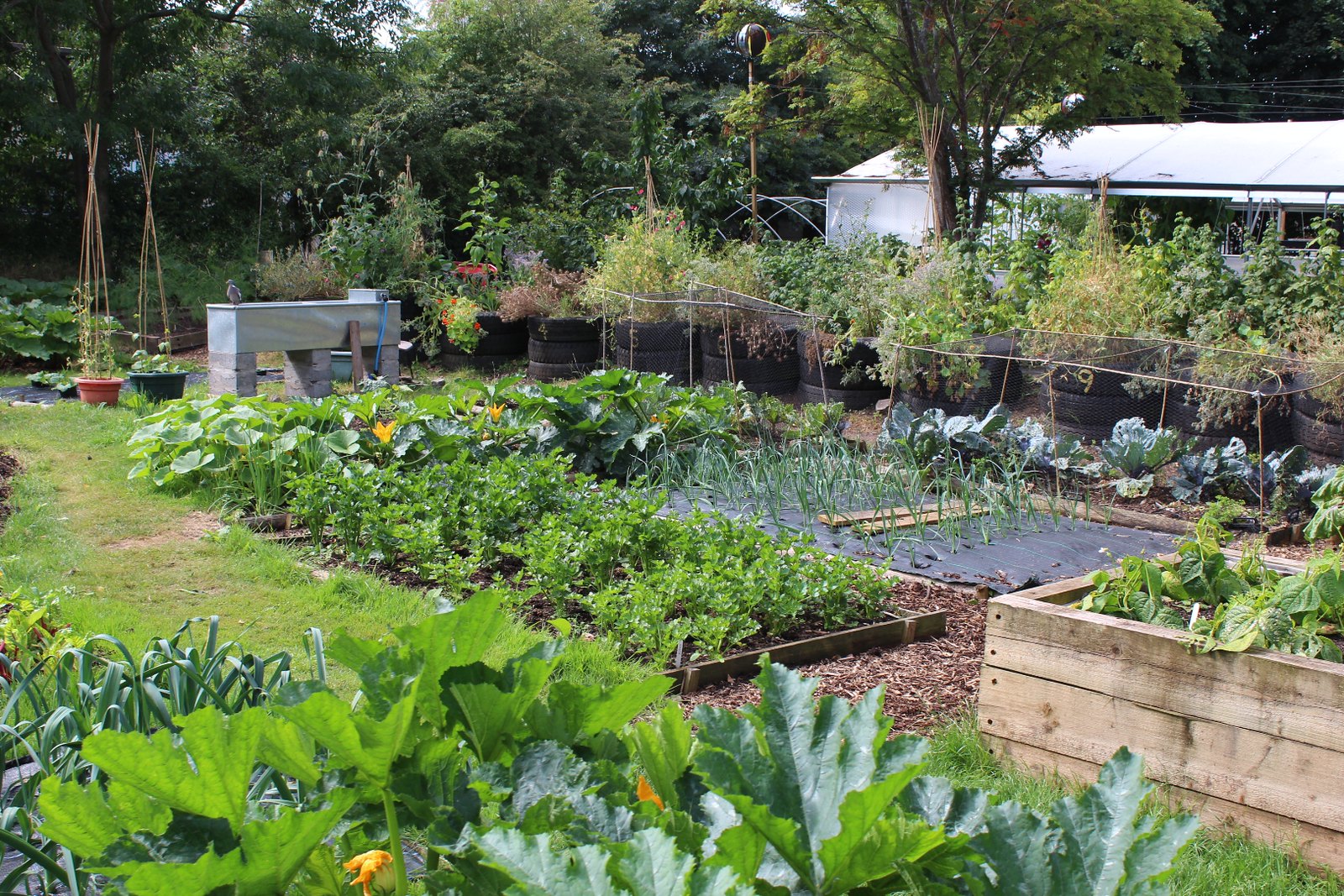Life Lessons from the Amazon
Article By Trishya Screwvala
 “Look deep into nature and then you will understand everything better.” – Albert Einstein
“Look deep into nature and then you will understand everything better.” – Albert Einstein
The brief time that I recently spent in Peru’s southern Amazon Forest, really opened my heart to the beauty and infinite wisdom that nature has to offer. The potent combination of heat and humidity makes the Amazon the largest rainforest on Earth, with over four hundred billion trees, 16000 different species, growing in the region. The unpredictable murky river, and the dense tree cover that envelopes the jungle renders the forest floor almost completely dark. It gave me the impression that beyond the obvious abundance of life, the unique biosphere contained deep mysteries, revealed only to the traveler willing to embark on an inward journey.
A four-hour boat ride and a short hike through the thick foliage brought us to what would be our home for a few days; a rustic but comfortable lodge unobtrusively and elegantly constructed with organic materials from the region. Electricity was completely solar-powered, which meant it was limited to just a few hours a day, and all toiletries and cleaning products were organic, ensuring as close to a zero-carbon-footprint as possible. Our shutterless room was completely exposed to the environment, and I must admit that the first night was angst-ridden; just a bed net protecting me from the noisy forest that echoed the loud cries of cicadas, and the eerie bellowing of howler monkeys. My imagination ran wild…which deadly creature might be crawling underneath my bed?
However, my fear was replaced with awe when we made our way through the dense jungle at the crack of dawn the next morning. The forest was teeming with life. I was overwhelmed by the sheer variety of trees that stood side-by-side, each with their own unique survival mechanism, individually hosting mini-ecospheres of lichens, reptiles, insects, monkeys, and dotted with magnificent red macaws and other exotic birds endemic to the region. I deeply sensed the immense spirit of the place and the oneness of all life. And I was struck by the fact that even in solitude, I was not alone. For a moment, I became one with the soaring Harpy Eagle, and the gigantic Kapok tree, with its expansive roots firmly in the ground that enable it to grow endlessly upwards, towards the sky.
Every resident plant, insect and animal plays an essential role in the Amazon. The tiny termite reprocesses dead wood to help plants maintain healthy roots. The elusive puma keeps the population of animals lower down in the food chain in check. Observing the countless life forms of the forest living together in harmony, it was amazing to see this inherent interconnectedness of life expressed; to realize that perhaps we are all a part of something much larger than our own individual selves. I couldn’t help but wonder that if every plant, every insect, every bird and every animal had a specific purpose as part of the collective ecosystem, maybe human beings also have a role to play in nature!
Interestingly, indigenous Amazonian tribes are deeply reverent towards nature, and this is deliberately nurtured from the very instant a child is brought into this world. Immediately after birth the baby is lowered into a pit dug into the earth, so that it is first greeted by Pachamama, the Andean deity related to Mother Earth. Then, the nutrition-rich placenta of the human mother is buried into the pit, symbolically connecting the two mothers and enriching the earth. What a stark contrast if we were to compare this with modern hospitals, where babies are born in sterile rooms, and are separated from their mothers, who are often numbed by painkillers.
Looking at such earth-honoring traditions of many of the Amazonian tribes, it became increasingly clear that we might have forgotten our place as human beings today. Local tribes created and built products that were meant to serve for just a short time, such that they eventually returned to nature – mud houses, dugout canoes, hammocks made of vines, etc. This is in complete contrast to our world, where we have moved towards consumption-based “developed” societies, creating nature-annihilating industries, manufacturing indestructible goods. It was eye-opening to discover that this need to create mundane products that last goes against a key principle of nature – the impermanence of life. In our ignorance, not only are we destroying nature but we fail to grasp what it means to live in harmony with its principles.
Beguiling though her beauty is, the Amazon is also a strict and unyielding teacher. Despite the initial discomfort of adjusting to the unfamiliar and seemingly unprotected environment, I was forced to transcend my fears and uneasiness – my need to constantly stay clean in the extremely hot and humid conditions, or my desperate attempt to maintain my distance from the unfamiliar creatures of the forest. When I was finally able to surrender and let go of my fears, I discovered the revitalizing effect of living as a humble part of the vast symphony of nature, rather than trying to conquer or dominate it. I had the beautiful and very visceral realization that we too are a part of this vivid web of life; but that what prevents us from living this unity with life is our own inconsolable need for control, and tendency to put up boundaries of separation.
Could it be perhaps, that the more separate our lives are from nature – from who we are – the more this force of separation and destruction seems to manifest in human society – through depression, suicide, divorce, stress and anxiety?
Perhaps it is time to investigate our role and reconsider our purpose as human beings. Should “development” be confined to industrialization and accumulating wealth alone? Do we need to broaden our definition of “prosperity” to encompass more than just financial gain? Perhaps we might begin to face present-day ecological and social crises by recognizing and humbly acknowledging our deep dependence on Pachamama…remembering that she is the great source of life, and that it is our obligation to live in harmony with her, to protect rather than exploit her.
We can take inspiration from the ancient cultures that continue to live, integral to the potentially deadly Amazon, always taking only what is needed. For isn’t the true meaning of prosperity to have enough of what we need, when we need it? Clean water, fresh air, food grown with love, living in unity with the earth that gives in abundance…is this not the purest form of prosperity? In the vast rainforest, I remembered that we are but small inhabitants of a much larger force of life. Every sip of water, every rock that held up my foot, every tree that exhaled so that I could inhale…is something to be grateful for. We forget what an incredible privilege it is to be part of this delicate ecosystem we call Earth. Instead of asking “What can I get?” can we instead recognize our responsibility, and start asking “What can I give?”
Image Credits: By Heidi Sandstrom | Unsplash | CC BY PD
The entity posting this article assumes the responsibility that images used in this article have the requisite permissionsImage References
By Heidi Sandstrom | Unsplash | CC BY PD
Permissions required for the publishing of this article have been obtained




Thanks for the article.
????
Or a beautiful article. So true, we are so detached from nature.
Thanks for sharing.
?????